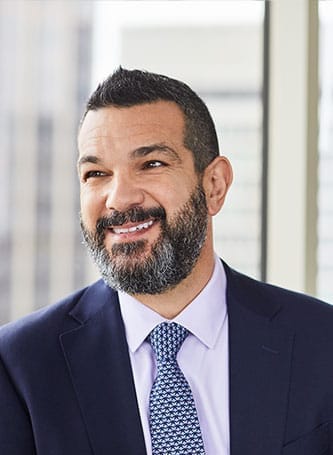Settlement conferences in pending divorce and family law cases often result in the parties entering full and final settlement agreements. The parties in such a case appear at an uncontested hearing when they ask the Judge to approve and incorporate their signed agreement into the court’s judgment. This settlement procedure takes place in lieu of the parties taking their contested issues to trial, after which the Judge enters a final judgment on behalf of the parties, which is a final resolution of the case not based on an agreement between the parties, but on the Judge’s findings of fact and his or her application of the law to such facts, which must be presented to the Judge in accordance with applicable rules of evidence at trial. Trying a case can indeed be a very expensive and time-consuming process.
There are a number of reasons why the Probate and Family Court promotes settlement through various alternative dispute resolution procedures, such as mediation and conciliation. Settled cases don’t require status conferences, case management conferences, pre-trial conferences, motion hearings or trial dates. They are removed from the large piles of active cases assigned to each Judge. Against a backdrop of limited court resources, and high demand among litigant consumers, fewer cases requiring trial assignment for resolution will likely lead to a more efficient judicial process in general. For the litigants, settling a case is often much less expensive than the cost of preparing a case for, and presenting it, at trial.
In an effort to further promote settlement, the Probate and Family Court recently announced a pilot program, the Limited Issues Settlement Conference, which is intended to help parties settle remaining contested issues when they have already been successful in settling the majority of their contested issues.
Once certain requirements are met, and a particular case is assigned to this pilot program, the parties reap the benefits of having up to one hour of either an active or retired Probate and Family Court Judge review the remaining contested issues. Based on the pilot program Judge’s experience and knowledge of how the presiding Judge may decide such issues at trial, the pilot program Judge provides valuable input to the parties, which they are encouraged to consider in final negotiations leading to a final agreement.
The pilot program is a free service. The cost to receive such input from, for example, a retired Probate and Family Court Judge, who is now in private practice engaging in the very same type of settlement conferences that occur in the context of the pilot program, can be quite substantial. Often, such a fee-based option not affiliated with the court system is only cost-effective in cases involving large amounts of assets and income. Accordingly, in appropriate cases, the pilot program provides an opportunity to all qualified litigants to engage in some form of alternative dispute resolution before resorting to trial, regardless of how much money the parties earn or the value of the marital estate.
